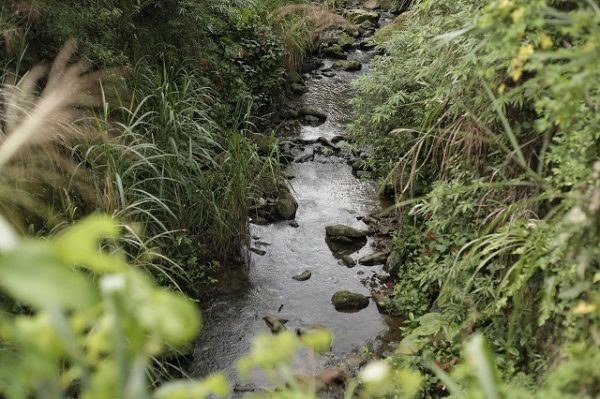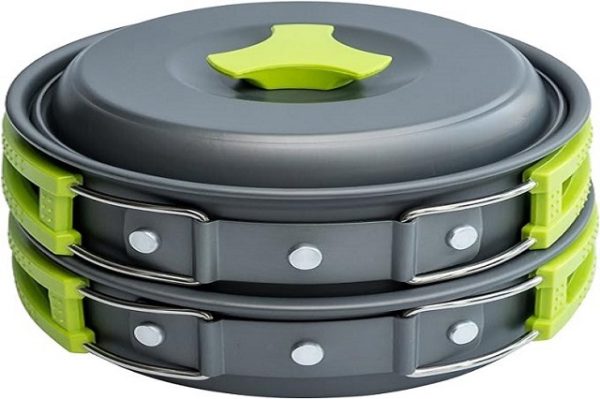Although it can be an exciting and enjoyable experience to go camping in the woods, it can be risky for someone who has never gone backpacking before to survive in the wilderness on just your gear. Learn the jargon, what supplies and equipment you’d need, the procedures for handling outdoor emergencies and how to administer first aid before you even begin to plan your first backpacking trip. Before venturing out on your own, familiarize yourself with the basics of backpacking for beginners by reading reliable books and guides. Numerous governmental and commercial organizations offer backpacking and hiking classes to expand your expertise, while outdoor and hiking clubs can provide their members with structured training and excursions to enhance their experience.
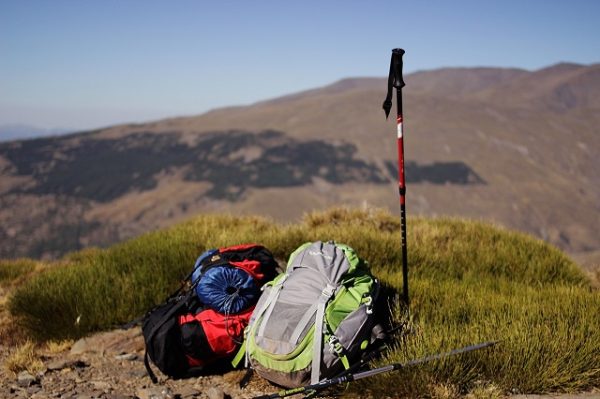
Prepare Your Body First!
It also takes a lot of physical stamina and strength to go backpack camping. You should be training to prepare yourself for the weight of your pack on a full day’s backcountry hiking in addition to the terrain, distance, and climate before embarking on a lengthy backpacking hiking trip. Work the muscles in your midsection, upper back, and lower back in addition to your legs when you exercise on a regular basis. Think about going on a shorter trip to test yourself to see if you are ready for the real thing.
Planning Is Everything
You should be planning your backcountry camping trip well in advance and consider the following:
- Your choice of hiking trail
- How many days you plan on going for.
- Learn about the trail’s environment and difficulty so that you may properly prepare your body and any specialized equipment.
- Never forget to inform your loved ones about your backpacking trip. Give detailed plans on where you are going and expected return time so that assistance can be dispatched in an emergency.
What Do You Need In a Hiking Pack?
Now that the trip has been planned out, it is time to think about what hiking equipment and outdoor camping gear you may need. The most important thing when it comes to a hiking pack is the weight, ensuring you are only bringing supplies that you need. Take into account the altitude and climate of the region you will be visiting, along with the weather predictions for the days you will be hiking. The number of people traveling, the weather, and your particular sleeping preferences will all influence your choice of tent and sleeping bag.
In addition to bringing the lightest sleeping gear that fits your needs, a lightweight, well-sized pack, and comfy hiking shoes or boots, there are a few other necessities you should never forget to take.
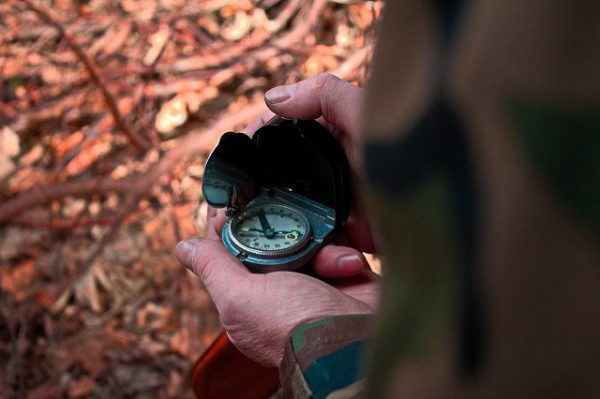
Essential Hiking Gear
- A compass and a map of the area you are hiking through to ensure you know where you are going and prevent you from getting lost. To shield the map from the wind and rain, I recommend laminating it.
- Ziploc bags to keep any small miscellaneous items in to help you find them quickly and keep them dry.
- A headlight or a flashlight is a necessity, remember to take some backup batteries just in case.
- Tools and pocket knives are essential for any hiking trip. Weight and space are both reduced with the excellent all-in-one options available.
- Carry water and wind resistant matches together with fire starters in case of emergency or wet weather.
- Freshwater along with purification tablets or a water-filtering straw
- A fully stocked first aid kit and a whistle to alert people to your location in the case of an emergency.
- A decent brand of bug repellent, especially if your travelling in warmer months or around large lakes. I’ve forgotten this one before, and let me tell you it was torture.
- Sun protection including a hat, sunscreen and a decent quality pair of sunglasses.
- Don’t forget to bring extra food, enough for one extra meal, and fuel for your stove in case the food needs to be cooked.
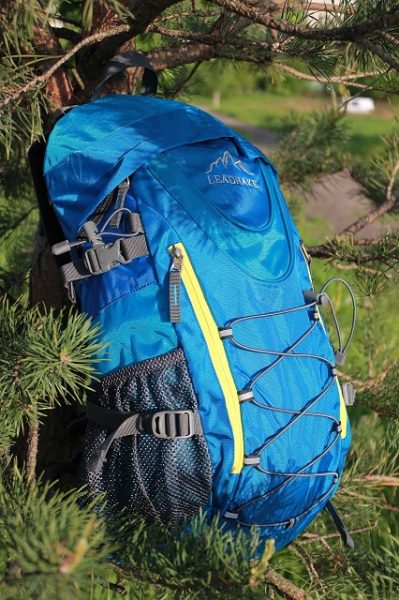
Finally, spare clothing and an emergency shelter are essential items for every backpacking trip. Warm polypro, wool, or polar fleece caps, waterproof pants and jacket, thermal underwear, insulated gloves and socks, and a fleece or wool sweater are examples of extra clothing you should consider taking. Lightweight shelters like tube tents and space bags work well for an emergency camping shelter.


